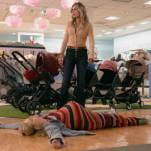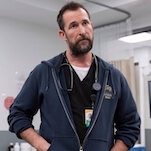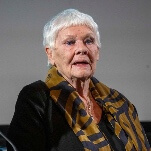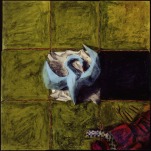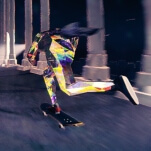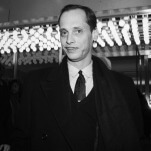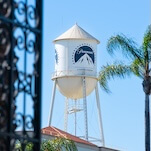Black Phone 2 successfully throws back to the biggest slashers of the '80s
Cribbing from Friday The 13th and A Nightmare On Elm Street, the sequel plays the hits while hitting audiences with graphic horror.
Photo: Universal Pictures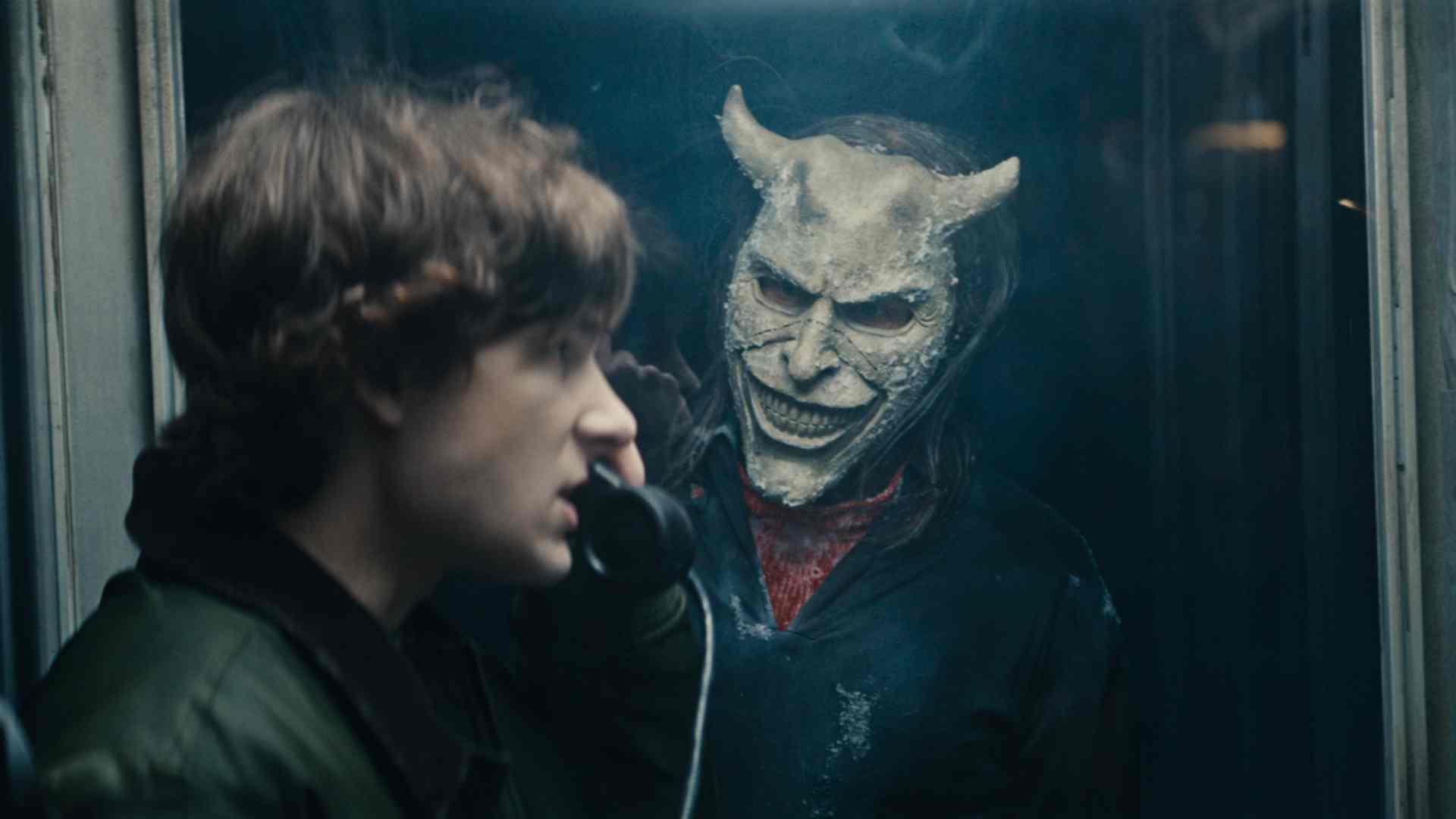
Scott Derrickson’s The Black Phone was a devastating, polished studio horror that introduced The Grabber (Ethan Hawke), a ruthless serial killer, and conjured up a tale where the souls of dead children saved the life of a trapped kid. Beyond its successful jump scares and the unforgiving claustrophobia of its main set—The Grabber’s basement, where he tormented and murdered his young victims—a deep sense of sadness was the throughline of The Black Phone, the collective camaraderie and grief of many untimely deaths that you couldn’t shake once it got under your skin. Adapted from a Joe Hill short story, The Black Phone wasn’t a movie that warranted a sequel; the terrifyingly masked Grabber died at the end. Still, co-writers Derrickson and C. Robert Cargill return with Black Phone 2, a handsome follow-up that both seizes the predecessor’s sense of heartbreak (albeit at a lesser degree) and dials up its chills by transposing them onto an icy, blood-soaked youth camp in the Rocky Mountains.
Set in the early ’80s, it’s a movie that proudly understands what made the horror genre of its decade a unique beast with steely-sharp fingers, and that there are few sounds more terrifying than the piercing ring of a rotary phone breaking the silence of the night. Black Phone 2 takes place just a handful of years after Finney (Mason Thames) becomes a national story as the sole survivor of the Grabber killings. Things seem to have quieted down for him and his sister Gwen (Madeleine McGraw), whose sixth sense and sleep-walking visions were instrumental in Finney’s escape in the original film. Their once-hard-drinking dad has been sober for three years now, and the siblings have settled into a new routine at home and school. And yet, Finney still bears the internal scars of his near-death experience and tries to numb his trauma by smoking one too many joints every chance that he gets—that is, when he isn’t acting up in anger or ignoring various ringing phones from the dead with a simple, “I can’t help you.”

























